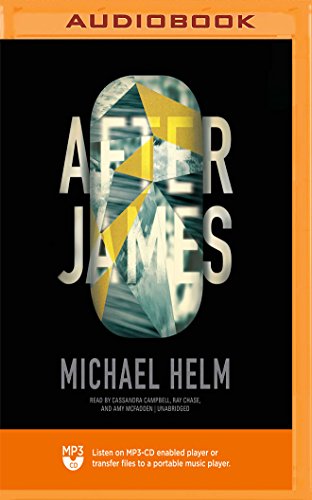What do you think?
Rate this book


MP3 CD
First published September 13, 2016
A space had opened near the entryway and now she saw on the wall the title for this part of the show. After James. The words dropped inside her for a few moments before going off. She'd told no one the name of her lost child. She said something aloud. The room seemed to move at great speed.
The dog kept to the (stream) bed, where the vapours were strongest, crazed into the firstness of things. He had come a long way and had organized the scents as they recurred along the route until a new one came on the air and he found himself moving into the leaves. He was at the source and digging before he understood that the form set into the ground was human. The discovery confused him and he backed off the shape and barked and continued barking until the smell sent him forward again in a wonderment half-full of forgetting, and when he followed up from the human hand along the arm and then uncovered the muddy head, the discovery was new again and he ran up out of the trees and stopped and circled back down, then came up a second time and a third. At some point he lowered onto his belly and looked for a long while in the direction of the humanform until a shortened whimper escaped him, the sound sending him to his feet barking again, hearing the strangeness of his sounding in the air of this new place.
When she came around the barn she did so without fear or with fear secured by her conviction and watching her so that Shoad would be equally there and not there regardless of what or whom she found, and she felt every living thing for miles, every leaf on every tree felt distinctly without falling to senselessness or the lie of words like green.
Dreams are ours alone. Never to be spied on, stolen, and never really to be shared, even when we try. If we’re lucky something in the waking world, some artifice, roof of wet cedar shingles, sail of meringue on a passing dessert plate, poem, maybe a poem about a dream of a dog in a port slum street, will seem to have the impress of the dream, and for a short time we can set the secret inside the found shape, and imagine that we are known.
Now and then we find ourselves in story. Events, some of them casually connected, begin to seem inevitable. Their presentation becomes distinct. Maybe a theme emerges. But because life is not literature, we drop out of the story before it ends.
There’s a degree of cowardice or fraudulence in every reader who feels the need, upon closing a book, to open his mouth.